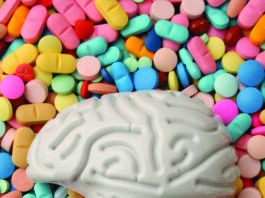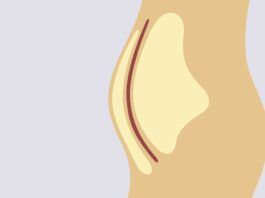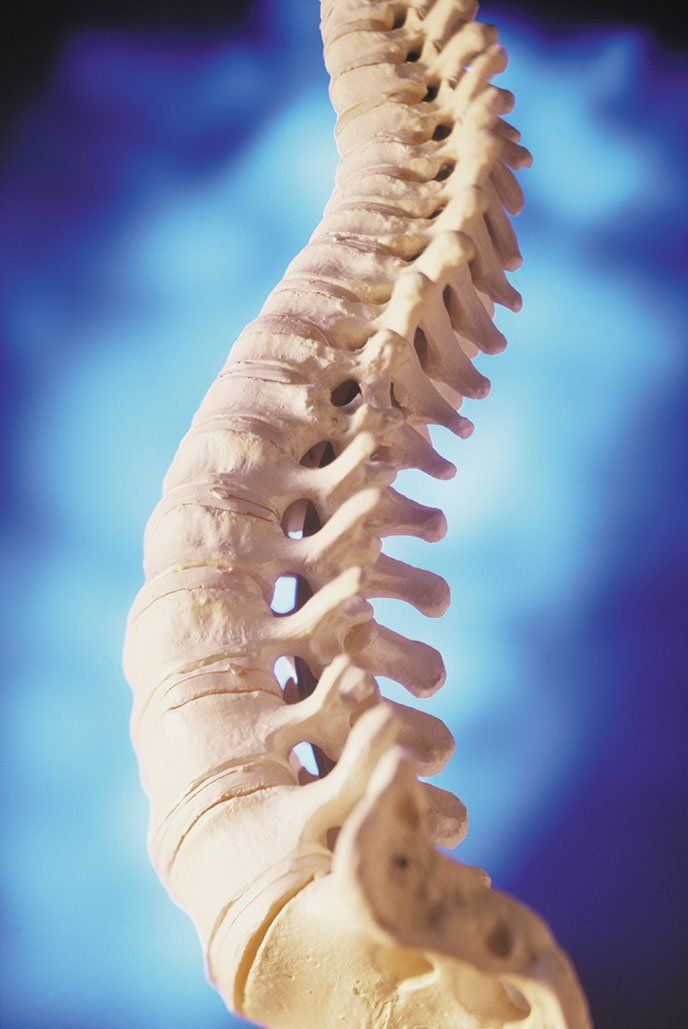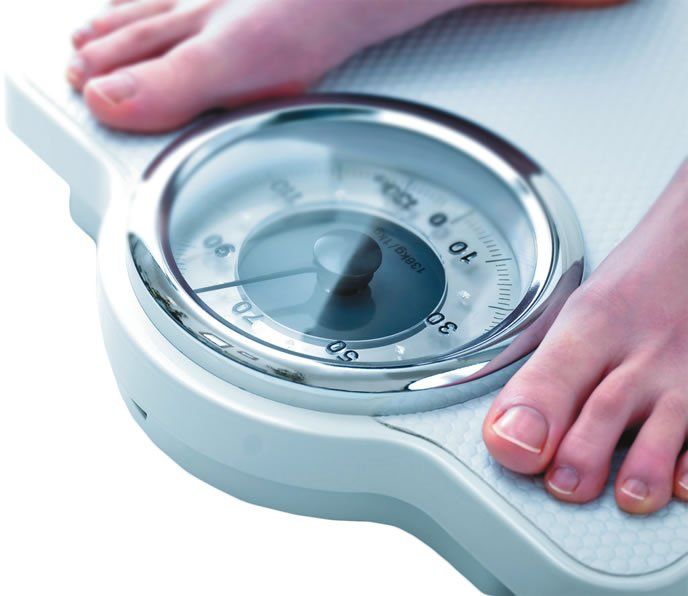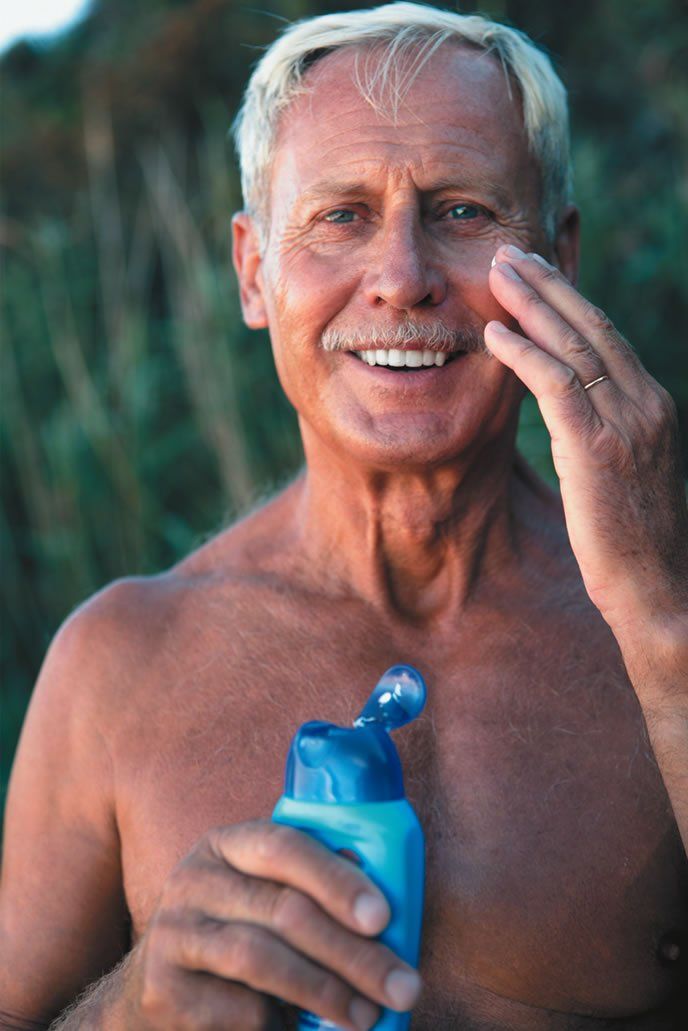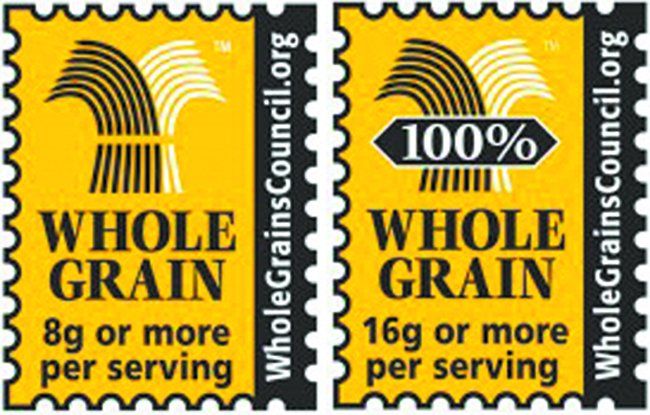Rethinking Protein Needs for Older Adults
Most of the soaring popularity of protein in US supermarkets can be dismissed as marketing hype. Although a new report from Packaged Facts says protein is currently the hottest functional food ingredient trend in the US, the truth is that most Americans get plenty of protein without any special dietary boosts.
Higher Vitamin D Fails to Boost Bone Health
Vitamin D, which some reports have credited with near-magical powers against everything from cardiovascular disease to dementia, increasingly seems to be just another nutrient-important to get enough, but offering little advantage from extra. Now a new study suggests that even where vitamin Ds benefits are clearly established-as a partner to calcium in building strong bones-its effects are limited: More vitamin D, beyond recommended intakes, is not necessarily better for your bones.
Do Spicy Foods Really Help You Live Longer?
The nations chile heads rejoiced recently over red-hot headlines linking consumption of spicy foods with lower mortality risk. In a Chinese study of 487,375 people, ages 30 to 79, those who reported consuming spicy foods almost daily were 14% less likely to die during 7.2 years of followup than those rarely eating chile-fueled foods. Major US media outlets gobbled up the study, published in BMJ, with headlines like USA Todays: Eating Spicy Food Might Help You Cheat Death a Little Longer.
Smart Choices Key to Keeping Pounds Off as You Age
Popular coverage of diet and weight-loss strategies often summarizes the bottom line with a twist on President Bill Clintons campaign mantra, Its the economy, stupid. When it comes to managing your weight, as this line of thinking goes, Its the calories, stupid.But a new study published in the American Journal of Clinical Nutrition challenges this conventional wisdom. It builds on earlier work that suggests all calories are not the same, says Dariush Mozaffarian, MD, DrPH, dean of Tufts Friedman School and senior author of the study. All foods have complex mechanisms that help or hinder weight long-term. The simple math of calories in versus calories burned is true if youre testing food in a test tube. But human beings are not just inert buckets to put calories in.
Nicotinamide Linked to Fewer Recurrent Skin Cancers
If the headlines about a drug related to B vitamins helping to prevent skin cancer tempted you to toss your sunscreen and broad-brimmed hat, think again. The findings were exciting because the hope of preventing cancer with vitamins has largely proven elusive, and the researchers declared their results ready to put into clinical practice.But, in a cautionary note that didnt necessarily make the nightly news, those Australian scientists also said only people who get frequent non-melanoma skin cancers should adopt the preventive measures-and only after consulting with their doctors. Moreover, the vitamin B3 compound that was tested isnt the familiar niacin found in supplement aisles. Niacin can cause side effects including flushing and headaches. Rather, the study used nicotinamide, a compound related to niacin thats more commonly sold in the US as niacinamide.
Staying Highly Fit Slows Signs of Aging
Older people who are highly fit, such as recreational cyclists, are physiologically more similar to young people than to more sedentary seniors. Thats the conclusion of a new British study that sought to explore the effect of physical activity on key indicators of aging. As one scientist put it, Being physically active makes your body function on the inside more like a young persons.
Take Charge!
Engaging in enough daily physical activity to burn about 100 calories can be the difference between a high-risk sedentary lifestyle and being moderately inactive. Of course, youll want to aim for a greater level of activity over time, but just getting going can pay big dividends. Here are examples of activities that burn about 100 calories, depending on your weight, in about 20 minutes:
Q. I read in your newsletter that older people may need more protein than...
Q. I read in your newsletter that older people may need more protein than the recommended 0.8 grams per kilogram of body weight to maintain muscle mass as they age. How much more, at age 75, might I need? Is 1.0 gram per kilogram of body weight too much?
5 Ways Eating Right Makes a Difference for Older Adults
After youve reached a certain age, does eating right really matter? As a reader of this newsletter, you might take it for granted that the answer is, Yes, of course!-after all, you subscribe to a publication whose tagline is Living healthier longer. But exactly how does nutrition affect the health of older individuals?
Whole Grains Improve Lipids in Statin
If youre over age 40, the odds are nearly one in four that youre taking statin medications to improve your cholesterol levels. And if doctors and patients follow prevention guidelines released earlier this year, almost half the over-40 population would be taking the prescription drugs, including almost all men ages 60 to 75. …

























